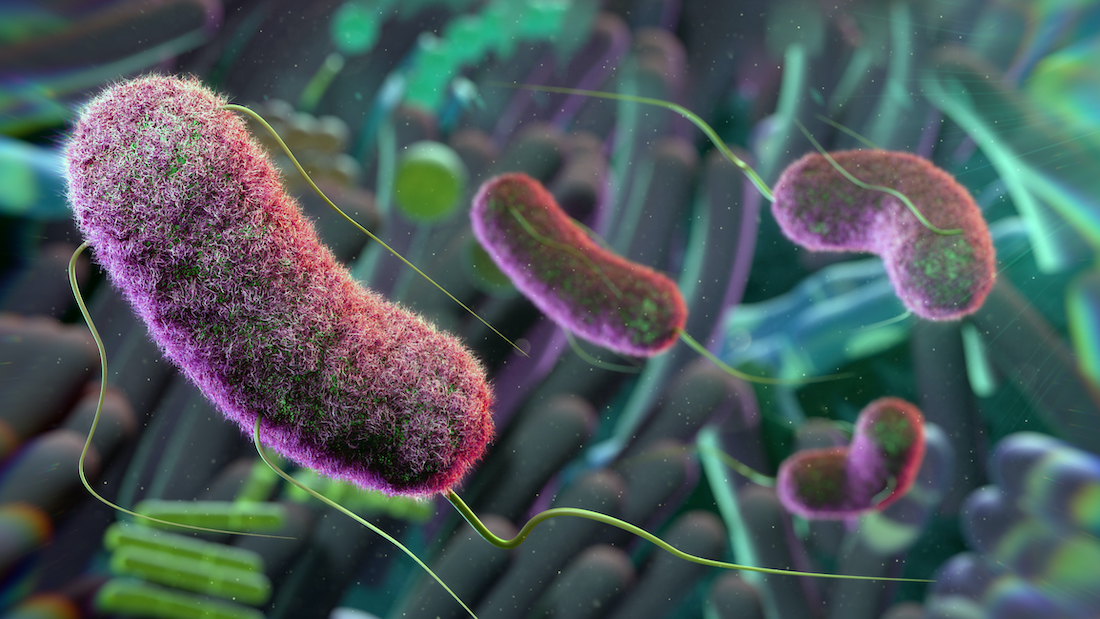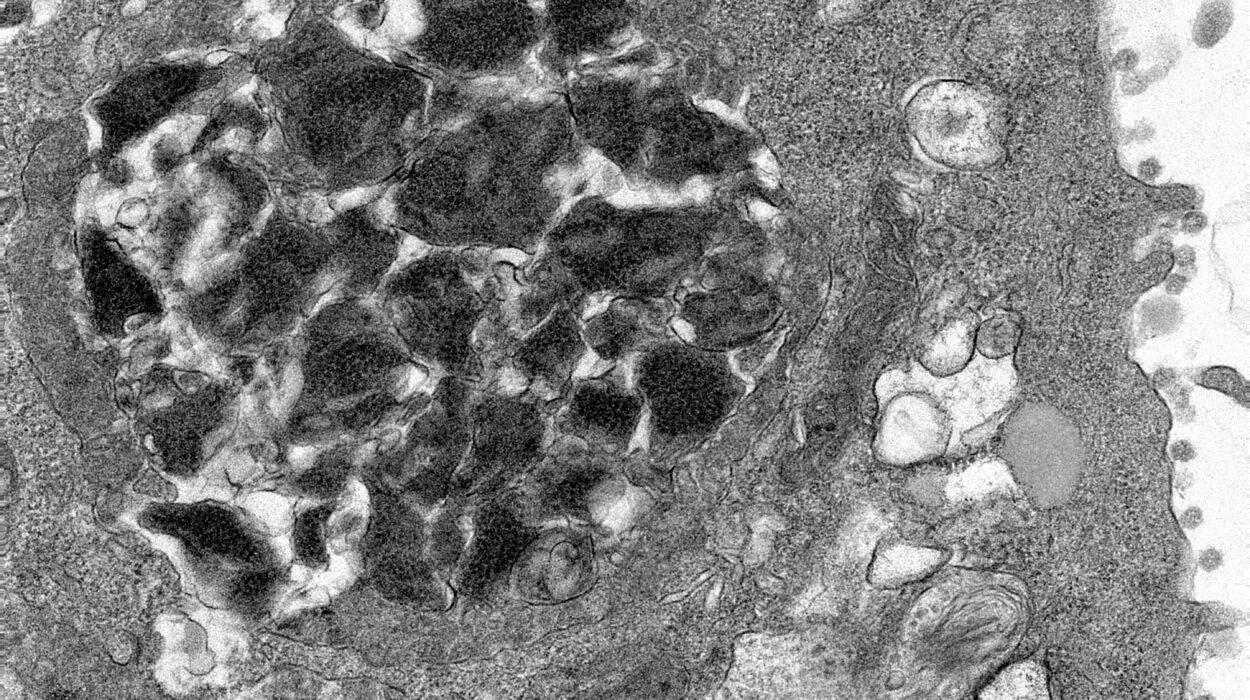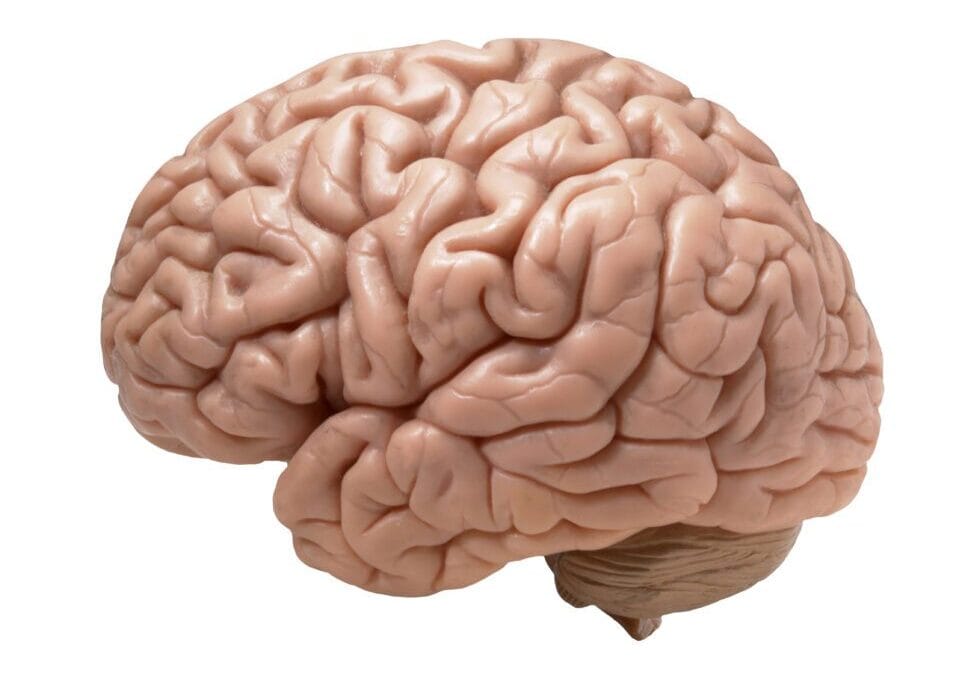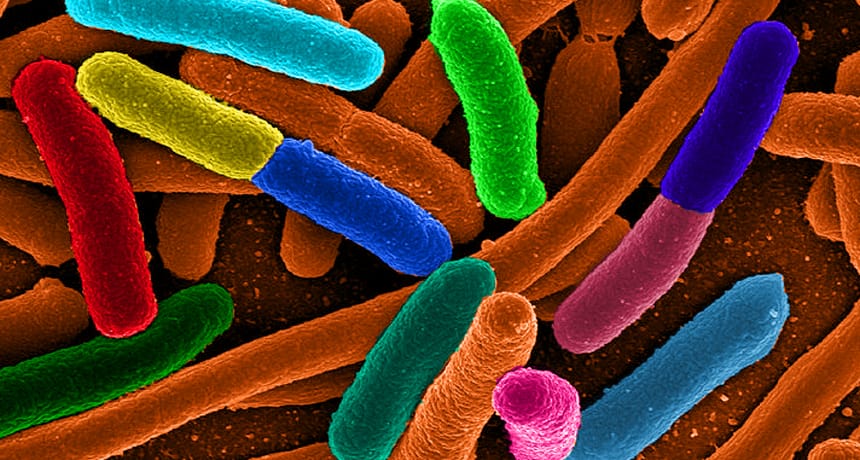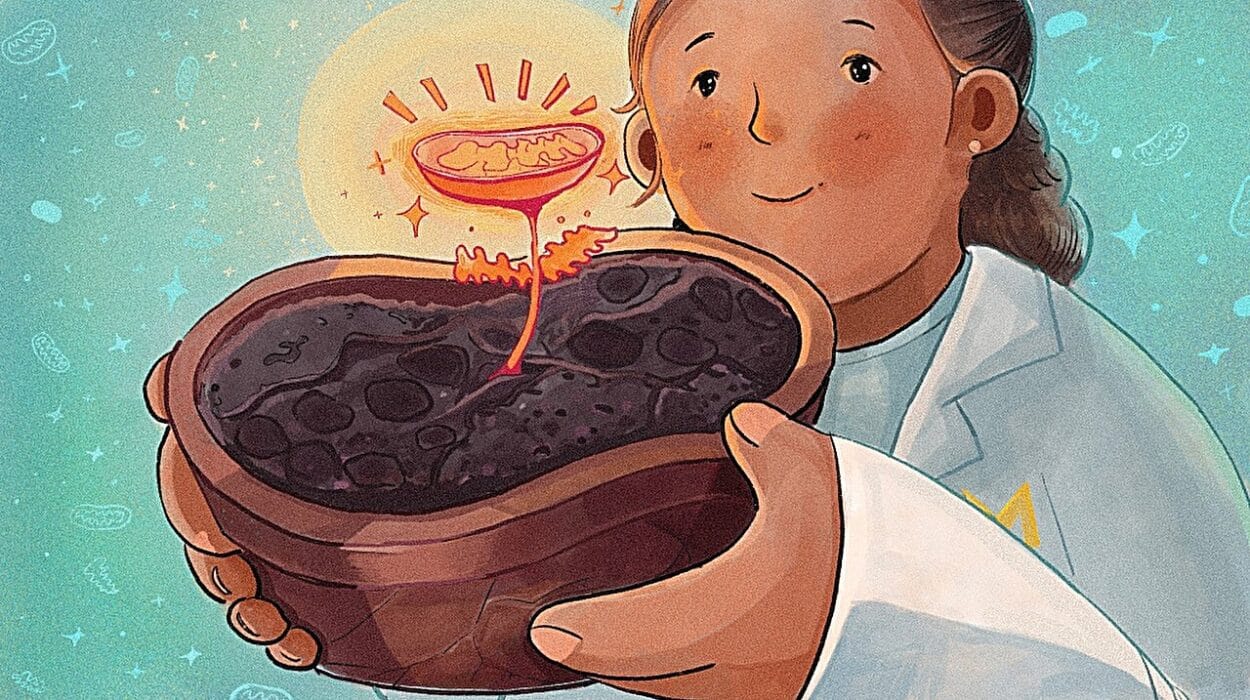Under the soft glow of a nursery nightlight, a newborn baby sleeps, tiny fists curled beside rosy cheeks. From the outside, all seems perfect. But hidden inside that delicate body, another world is either thriving—or missing in action. And scientists are discovering that the microscopic inhabitants of a baby’s gut may hold the key to a lifetime of health.
A sweeping new study, published in Communications Biology, reveals that nearly one in four infants in the United States is missing critical gut bacteria known as Bifidobacteria, early microbial settlers whose presence appears to train the infant immune system and protect against diseases like allergies, asthma, and eczema.
For decades, pediatricians and scientists have puzzled over why modern children seem increasingly vulnerable to chronic conditions that were once rare. Seasonal allergies, eczema, life-threatening food reactions, and autoimmune disorders have soared in the past half-century. Now, emerging evidence suggests that part of the answer may lie in the invisible communities populating our intestines—and the seeds of that microbial garden are sown in the first days of life.
The Guardians of a Newborn’s Gut
Bifidobacteria, with their gentle curves and branched shapes under a microscope, may not look particularly heroic. Yet these microbes are among the first to colonize a baby’s gut. They flourish on specialized sugars in breast milk called human milk oligosaccharides (HMOs), shaping a gentle but powerful ecosystem that suppresses harmful bacteria, reduces inflammation, and primes the developing immune system.
In essence, Bifidobacteria help babies’ bodies learn the difference between friend and foe. Without them, the infant immune system may become jumpy and overreactive, potentially leading to the allergic responses that define conditions like eczema, asthma, and food allergies.
“The first thousand days—from conception to age two—are a crucial window when the immune system is learning how to respond to the world,” explained Dr. Elizabeth Hohmann, an infectious diseases specialist not involved with the study. “Microbes like Bifidobacteria are part of that training program.”
A Missing Microbiome for Many
The new research comes from the My Baby Biome study, an ambitious seven-year investigation designed to explore the infant gut microbiome across America’s diverse population. Until now, most U.S. studies on babies’ gut bacteria were small and often excluded families of varied ethnic, geographic, and socioeconomic backgrounds.
By analyzing stool samples from 412 infants between one and three months old, the researchers created one of the most detailed portraits yet of microbial life in American babies. The results were sobering: 25 percent of infants lacked detectable levels of Bifidobacteria.
The findings also revealed a stark divide tied to how babies entered the world. Among infants born via cesarean section, the deficit was even higher—35 percent lacked Bifidobacteria, compared to 19 percent in babies born vaginally.
“The way a baby is born has huge consequences for how microbes colonize the gut,” said Dr. Sarah Lacher, lead author of the study. “During a vaginal birth, the baby is exposed to the mother’s microbiota, including strains of Bifidobacteria. C-sections bypass that natural transfer, which may leave babies vulnerable to colonization by less beneficial bacteria.”
What Fills the Void?
When Bifidobacteria are absent, something else inevitably takes their place. And what moves in may not be friendly.
In C-section babies, researchers found that potentially pathogenic bacteria—species more associated with inflammation and disease—often filled the vacant niche. Some of these bacteria also consume HMOs, effectively stealing the food that would otherwise nurture the beneficial microbes.
It’s a microbial turf war with consequences that echo far beyond infancy. The team discovered that infants lacking Bifidobacteria carried gut microbes harboring more genes linked to antimicrobial resistance and disease processes. Meanwhile, babies rich in Bifidobacteria had microbiomes that produced healthier metabolic compounds and fewer markers of inflammation.
“This isn’t just an academic curiosity,” Lacher emphasized. “These microbes help establish immune tolerance. When they’re missing, we see more signs of immune dysregulation, which can manifest as allergies and other non-communicable diseases.”
Allergies on the Rise—and Microbes Under Pressure
The study lands in the middle of a global health challenge: skyrocketing rates of allergies. Worldwide, as many as 40 percent of people now suffer from some form of allergy to everyday environmental triggers like pollen, dust mites, or animal dander. In children, these sensitivities can progress from sneezes and sniffles to severe eczema, chronic asthma, and even life-threatening reactions to foods.
While genetics play a role—some babies are born with a predisposition toward allergic responses—environmental shifts have accelerated the trend. More sterile birth environments, increased antibiotic use, changes in diet, and urban living have all been implicated in the decline of beneficial microbes.
“The environment our ancestors evolved in was very different from the modern, hyper-hygienic world,” said Dr. Martin Blaser, a microbiologist and author of Missing Microbes. “We’ve inadvertently wiped out entire populations of microbes that used to help calibrate our immune systems.”
Is Dysbiosis a Real Disease?
Scientists debate whether the term dysbiosis—meaning an imbalanced gut microbiome—should be classified as a medical condition in its own right. But the data from My Baby Biome strongly suggests that missing Bifidobacteria in early life is more than a benign variation.
“The absence of key strains of Bifidobacterium represents a true dysbiosis,” the authors argue. And that imbalance, they believe, could set the stage for long-term health problems.
Yet there’s hope. Early intervention—through methods like breastfeeding support, vaginal seeding (still experimental), probiotic supplementation, or tailored prebiotics—could help restore microbial balance in vulnerable infants. Such strategies remain an active area of research, as scientists seek safe, evidence-based ways to nurture the infant microbiome.
A Microscopic Legacy
Ultimately, the My Baby Biome study sheds light on a crucial truth: our health doesn’t start in adulthood, childhood, or even at birth. It begins in the invisible bonds we share with the bacteria that first make our bodies their home.
Inside every newborn lies a universe of microscopic allies—or sometimes, a worrying emptiness where they ought to be. As researchers peer deeper into that hidden cosmos, they’re learning that the tiniest creatures may wield the biggest influence on who we become.
For now, the soft coos of a baby might mask a microbial mystery unfolding beneath the surface—a mystery that could shape whether that child grows up sneezing at springtime pollen… or breathing free beneath the sunlit skies.
Reference: John B. Jarman et al, Bifidobacterium deficit in United States infants drives prevalent gut dysbiosis, Communications Biology (2025). DOI: 10.1038/s42003-025-08274-7
